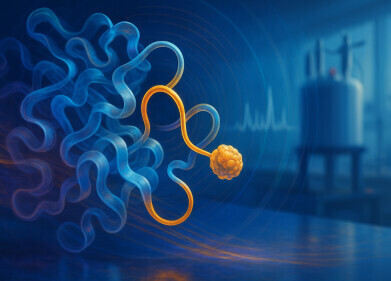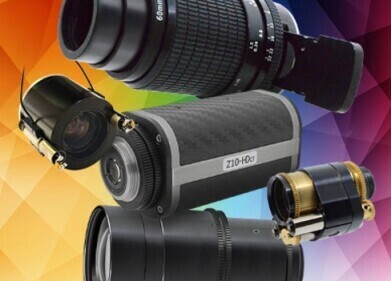Microscopy & microtechniques
University of Cambridge Uses Leading Image Analysis Solutions to Help Rapidly Analyse Polysaccharides from Genetically Modified Plants.
Jan 24 2007
Researchers in the Department of Biochemistry at the University of Cambridge use the G:BOX Chemi HR16 to perform automatic quantification of fluorescently labelled oligosaccharides on PACE (polysaccharide analysis using carbohydrate gel electrophoresis) gels to produce a unique profile of the plant's cell wall composition.
Dr Florence Goubet, a post-doctoral scientist from Dr Paul Dupree's team in the Department of Biochemistry explained: "PACE and automated quantification can be substituted for chromatography and mass spectrometry techniques, both of which require pure or large amounts of compounds to generate results from just a few plant samples. Using our method we can process up to 100 samples a day and can detect oligosaccharides in the picomole range, which means we can rapidly identify whether we have successfully genetically engineered the plants we are modifying."
Digital Edition
Lab Asia Dec 2025
December 2025
Chromatography Articles- Cutting-edge sample preparation tools help laboratories to stay ahead of the curveMass Spectrometry & Spectroscopy Articles- Unlocking the complexity of metabolomics: Pushi...
View all digital editions
Events
Jan 21 2026 Tokyo, Japan
Jan 28 2026 Tokyo, Japan
Jan 29 2026 New Delhi, India
Feb 07 2026 Boston, MA, USA
Asia Pharma Expo/Asia Lab Expo
Feb 12 2026 Dhaka, Bangladesh

.jpg)
-(2).jpg)
















